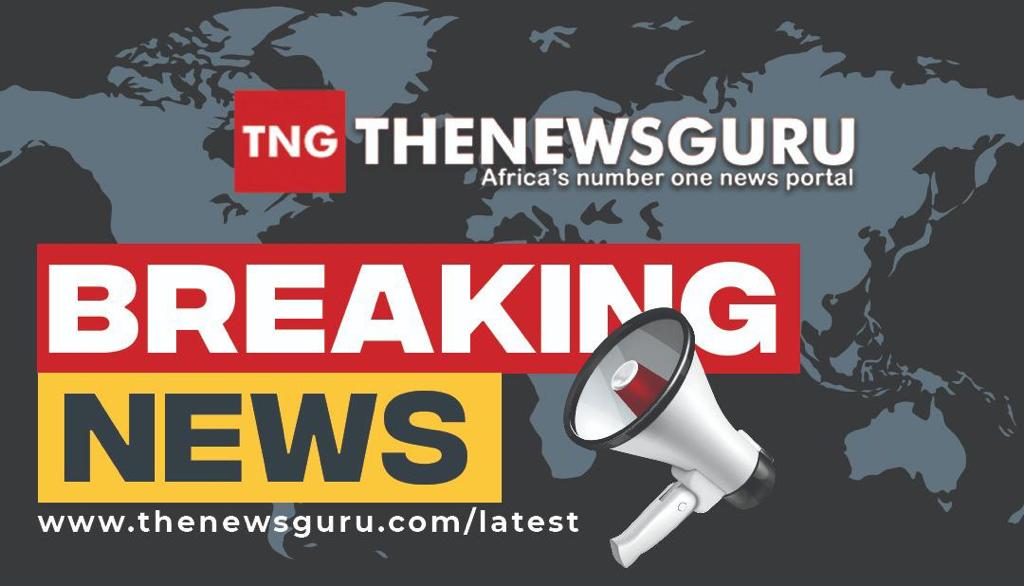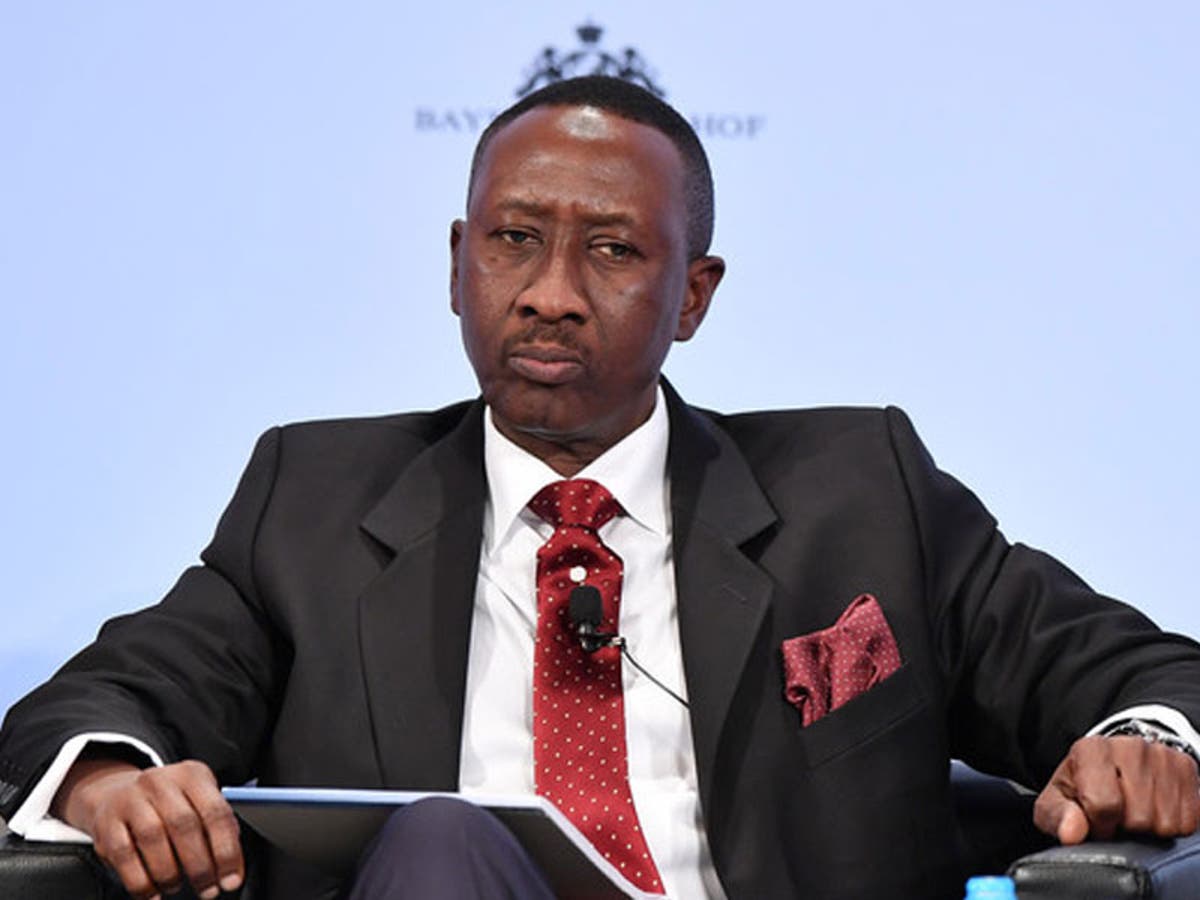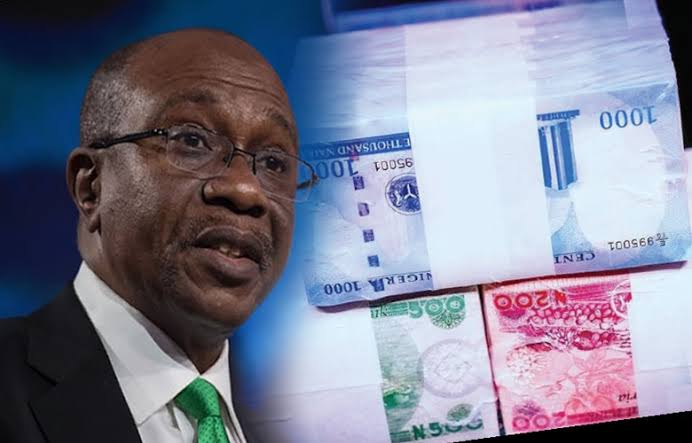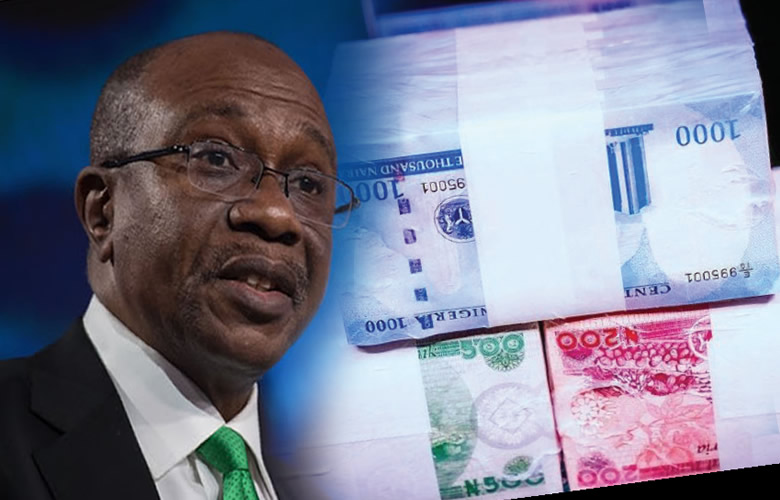The All Progressives Congress (APC) Presidential Candidate, Bola Ahmed Tinubu, says he does not have anything against the Central Bank of Nigeria (CBN) Naira re-design and cashless policy.
Tinubu said this in a statement on Sunday in Abuja, adding that he is only concerned about its disruptive implementation and the hardship it brought on the generality of Nigerians.
This, he said, was especially because most Nigerians currently could not access their hard-earned monies and could not meet obligations.
The former two-term Lagos state governor noted that the past few weeks had been a challenging one for Nigerians, especially Small and Medium Enterprises (SMEs).
He added that equally challenged were the poor and vulnerable masses and those whose very survival depended on daily cash transactions.
“They have felt the brunt of the combined problems of scarcity of fuel and new Naira notes.
“We feel the pains of our market women and artisans who have experienced low sales because customers do not have cash to make purchases.
“We hear the loud cries of farmers in rural areas and hinterlands who have been forced to sell their produce at much lower prices so they don’t lose out completely.
“We hear every Nigerian dealing with the consequences of the roll-out of the cash swap programme,” Tinubu said.
He however noted that while the scarcity arising from the supply limitations of the new Naira notes was still with us, he was encouraged about reports that the fuel queues across the country was easing out.
This, he said, followed better supply of fuel to filling stations.
He said we were now however confronted with how to bring quick, sustainable solution and relief to Nigerians on the challenges still posed by the non-availability of the new Naira notes.
According to him, this is necessary to ensure that social and economic activities can move on unimpeded and normalcy immediately return to our financial services sector and overall productivity of the country.
He recalled that to seek a quick resolution, the National Council of State met on Feb. 10, and advised the government and the CBN in particular, to push more new Naira notes into circulation.
He said the council also advised that the old notes be allowed to remain a legal tender by ensuring supply gaps relative to infrastructural limitations were bridged by recirculating it to ameliorate the pains caused by the scarcity of new ones.
“We agree with the wisdom of the Council of States as a necessary starting point to begin redressing the unintended consequences of what would have otherwise been a good policy that required mainstream adoption.
“For the records, I and my running mate, Sen. Kashim Shettima, and our campaign council do not have anything against the CBN Naira redesign and cashless policy in principle.
“We are only concerned about its disruptive implementation and the hardship it brought on the generality of Nigerians who currently could not access their hard-earned money and could not meet obligations,” he said.
Tinubu said he was also concerned about the attendant consequences of the policy on the informal sector where majority operate.
He added that in spite of the challenges and current difficulties, we are a country of resilient, bold and courageous people who don’t succumb to hard times.
“We have always overcome our most difficult times and come out better as a people and a nation. This time will not be different. We will make lemonade out of our current lemons,” he said.
To bring immediate relief to Nigerians, Tinubu urged the CBN to announce that the old and new Naira notes, especially the non-withdrawn notes and coins, would co-exist as legal tender for the next 12 months.
He said this would immediately remove growing tension in the country, eliminate panic reactions by the populace and allow time to scale up infrastructural gaps around alternative payment options to cash.
“We advise the immediate suspension of associated charges on online transactions and bank transfers and payments via POS until the current crisis is fully resolved.
“This cost should be considered a roll-out expense by the CBN to incentivise the envisaged shift to alternative transaction channels for both the financial services consuming public and those in charge of implementing the scale-up programme,” he said.
He said the CBN should also mobilise all money deposit banks, payment platforms to show clear commitment and timelines on expanding their infrastructure and support services.
Besides, he suggested that Fintech companies with capabilities into currency swap programme for the next 90 days should be brought in to help decongest banking halls and ATM points where people lined up for hours.
Tinubu said the CBN and other relevant Ministries, Departments and Agencies should form an Inter-Agency Action Committee.
He said the committee should be for immediate oversight over the cash supply gaps from the Nigerian Security and Minting Company.
He said the committee should also deal with issues around capabilities and turn around time to meet the needs of the informal sector and unbanked people.
“The CBN, National Orientation Agency (NOA) and Ministry of Information, State and Local Governments.
“With their relevant organs in both the public and private sectors should commence a major public enlightenment and sensitisation campaign,” Tinubu also advised.
He added that this was critical to further educate and empower Nigerians on the new Naira and cashless policy for better understanding and mainstream adoption.
“As leaders, our commitment to our country everyday must be on how to make life better for our people, and we are called upon not to waste the opportunity
“Our task now is to restore hope in the country by implementing these steps to energise our people that we can do big things for a better future and shared prosperity.
“We can build upon this citizen-focused policy challenge to offer a template on how governance should work for the people,” he said.








